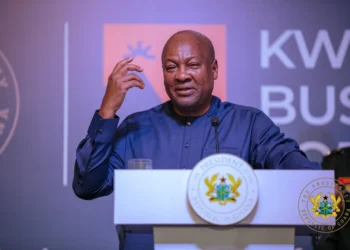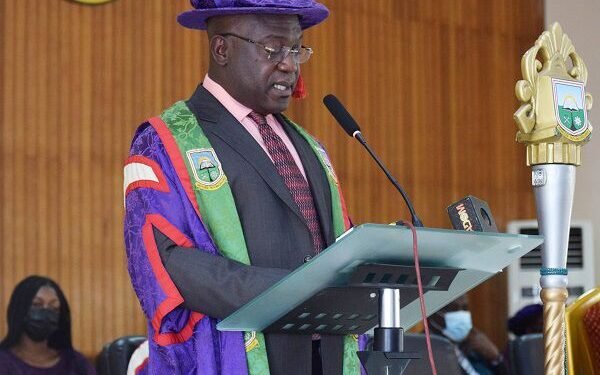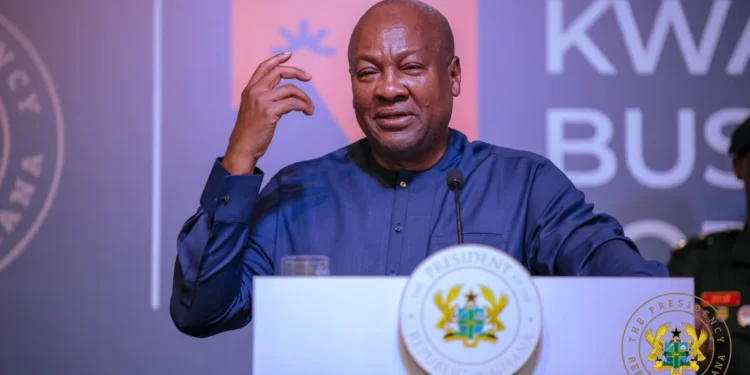Ken Ofori-Atta, Minister of Finance, has clarified that the new national bank, Development Bank Ghana (DBG), as a wholesale and non-deposit taking bank requires no branch network to operate and as such, will require a minimal staff.
The DBG, which is set to commence its operations in July this year has attracted a lot of public outcry recently. Whilst many believe the nation needs a new development bank, others think otherwise. The controversies surrounding the establishment of the bank maybe partly a result of the government not giving much details on the bank. As a result, the Minister, at a press briefing, explained the reason for the establishment of the development bank.
According to the Finance Minister, the DBG will help address two important constraints in the financial system. Key among the constraints he highlighted, is the lack of long-term funding. Also, the other issue the DBG will address is the lack of adequate funding to the productive sectors of the economy.
Credit to productive sectors
Touching on the former, he explained that currently less than 15% of loans given out by banks are for 5 years or longer. This, according to him, is “making investment in long gestation project very difficult for our private sector”.
Furthermore, he indicated that Agriculture and manufacturing sectors receive around 4% and 8% respectively of banks loans. This, he explained, is very much below their shares in GDP, employment and potential for driving economic transformation.
Meanwhile, the minister further detailed the Primary Focus Areas of the DBG. He indicated that it will focus on Agribusiness, with a focus on off-farm value-chain activities and Manufacturing. Another important area is ICT, software, and allied services, including Business-Process Outsourcing, and Tourism. Moreover, he stated that the DBG will also boost homeownership through affordable and longer tenure Mortgage Finance.
Need for a new development bank
Another major concern has to do with whether the government will not convert this new bank into a wholesale bank just like NIB and ADB. Addressing this concern, the Minister explained that this is the first time Ghana is establishing such a bank. He gave the assurance that it is different from the previous banks.
“DBG is not similar to the existing commercial banks that we have in the country. It is a non-deposit taking Wholesale bank. DBG will neither give retail nor direct business loans, like the former Bank for Housing and Construction, NIB, ADB, and the like.
“It will rather provide funds to the existing commercial banks and other qualifying financial institutions to provide long-term lending and other innovative products that are presently lacking in the system. The bank will therefore complement and strengthen the operations of existing financial institutions”.
Why not use existing bank
Moreover, most people argue that the government should have converted either ADB or the NIB back into a development bank status. However, Mr. Ofori-Atta explained that “it will therefore be very costly to try to convert ADB or NIB into a viable modern development bank”. He detailed that the financial cost of doing that are huge and it will also result in closure of branches and employment loss.
Mr. Ofori-Atta further indicated that “the advantage we foresee of a greenfield approach is that one gets to start from a clean slate, with no legacy financial, governance and other issues. This allows us to focus on the future and move straight into setting up DBG equipped with modern and sound design principles”.
Meanwhile, he indicated that work on the DBG started in 2018. At that time, the government established a Task Force of industry experts to recommend the best approach to establish a modern and dynamic development bank. Based on the recommendation of the Task Force, Government decided to set up DBG as a new non-deposit-taking-wholesale-bank under the Companies Act.
READ ALSO: New Development bank to commence with about $1 billion in funding























